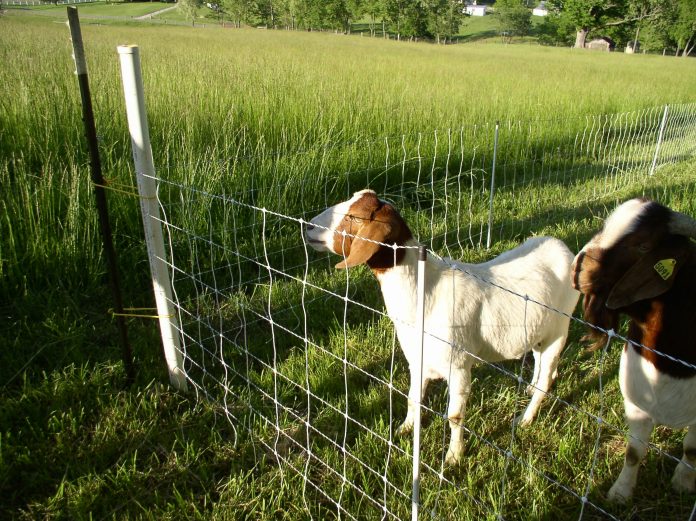So you’ve finally nailed down the perfect location for your hobby farm. It has sufficient land to grow crops. It gets good sun exposure and has fertile soil. There are plenty of fields of healthy grass that can support grazing animals or acres you could clear for them. There are even water features to irrigate your garden and forest land to manage a woodlot. You’ve got it all and you’re ready for animals.
Wait, just a second!
Farm animals can be a lot of work, especially for someone who’s not accustomed to taking care of them. Beginning hobby farmers can easily be duped purchasing livestock or wind up getting in way over their heads.
Here are some tips to help first-time hobby farmers make the right decisions about buying animals.
- Do your research. Research the animals you’re considering purchasing to find out what health traits you should watch out for and what kind of care is involved.
- Start with low-maintenance animals. Start with the lowest maintenance animals you can find to allow yourself to grow into hobby farming at your own pace rather than getting in over your head. Some good options include llamas, donkeys, longhorn cattle and chickens.
- Avoid livestock markets. It’s easy for first-time hobby farmers to get duped. Avoiding livestock markets prevents you from making a purchase you didn’t think through or from purchasing an animal you didn’t actually want.
- Buy locally. Purchasing your animals from local sellers gives you access to a life-time of knowledge about raising your animals. If you can befriend the seller, you might be able to rely on him for answers to questions you may have later.
- Check the farms out first. Always visit a farm you may potentially buy from before you plan to buy anything. This gives you an opportunity to take a look around, ask questions and sleep on it.
- Purchase in pairs. Farm animals do not do well alone. You should always start out with at least two animals at a time.
- Males. Beginning hobby farmers should consider purchasing gelded males. They are cheaper and you can learn to care for them before deciding whether or not you want to breed them. If you decide to breed the, you can always purchase a breeding pair down the road. Buying a breeding pair immediately commits you to a lot more than your original purchase.
- Don’t rescue right away. While rescuing animals is noble, it’s not always realistic for beginning hobby farmers. Rescue animals can have serious physical and mental restrictions that require additional time and money to take care of. Rescue animals are a better option once you’ve gained a little expertise.
- Consider lifespans. Even chickens can live 20 years or more. Horses, llamas and other large grazing animals can live well into their 30s. If you’re not planning to eat the animals you’re purchasing make sure you’re willing to make the time and money commitment for as long as they’re alive.
Resources
- The Ultimate Guide to Raising Farm Animals










